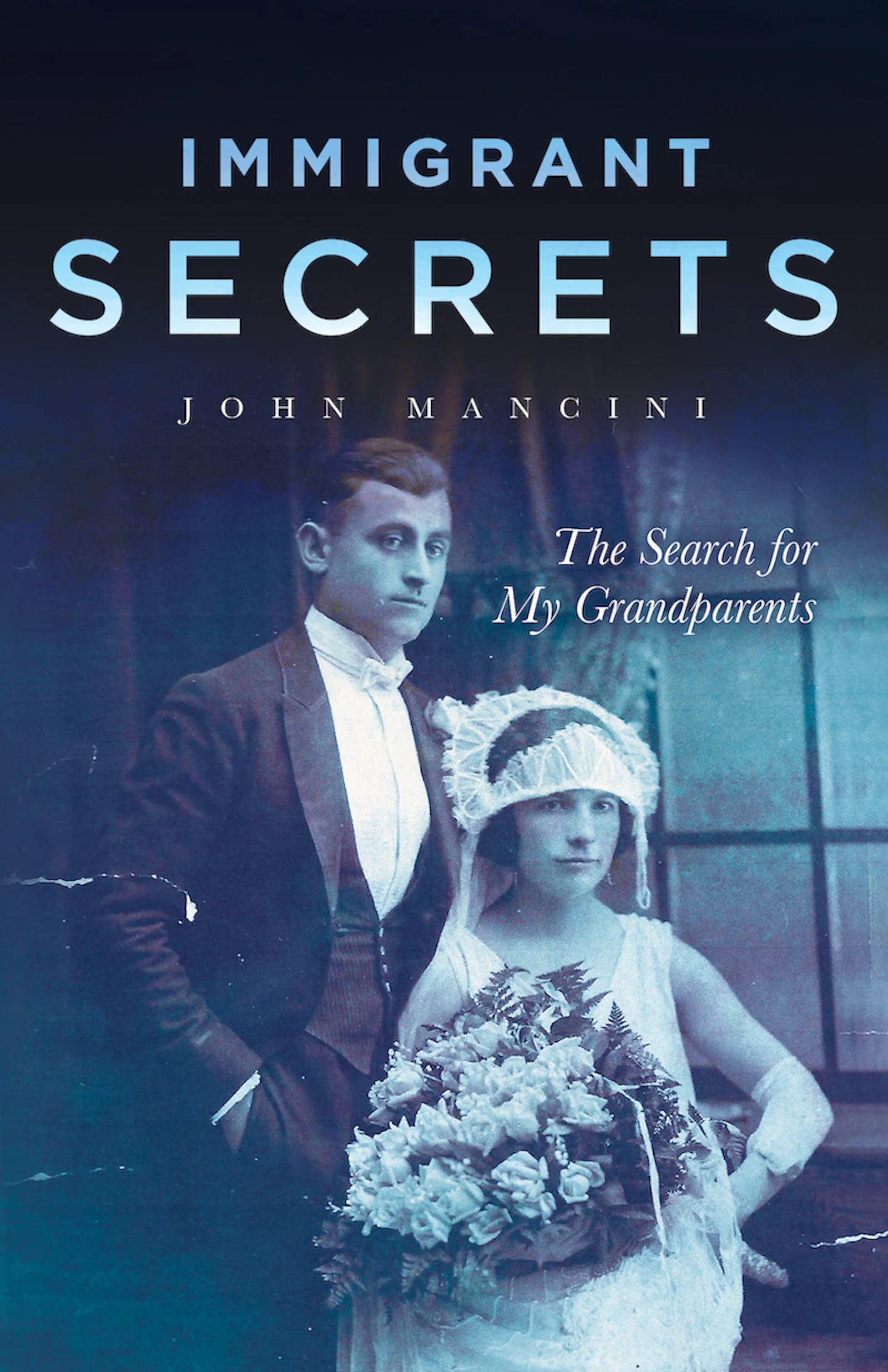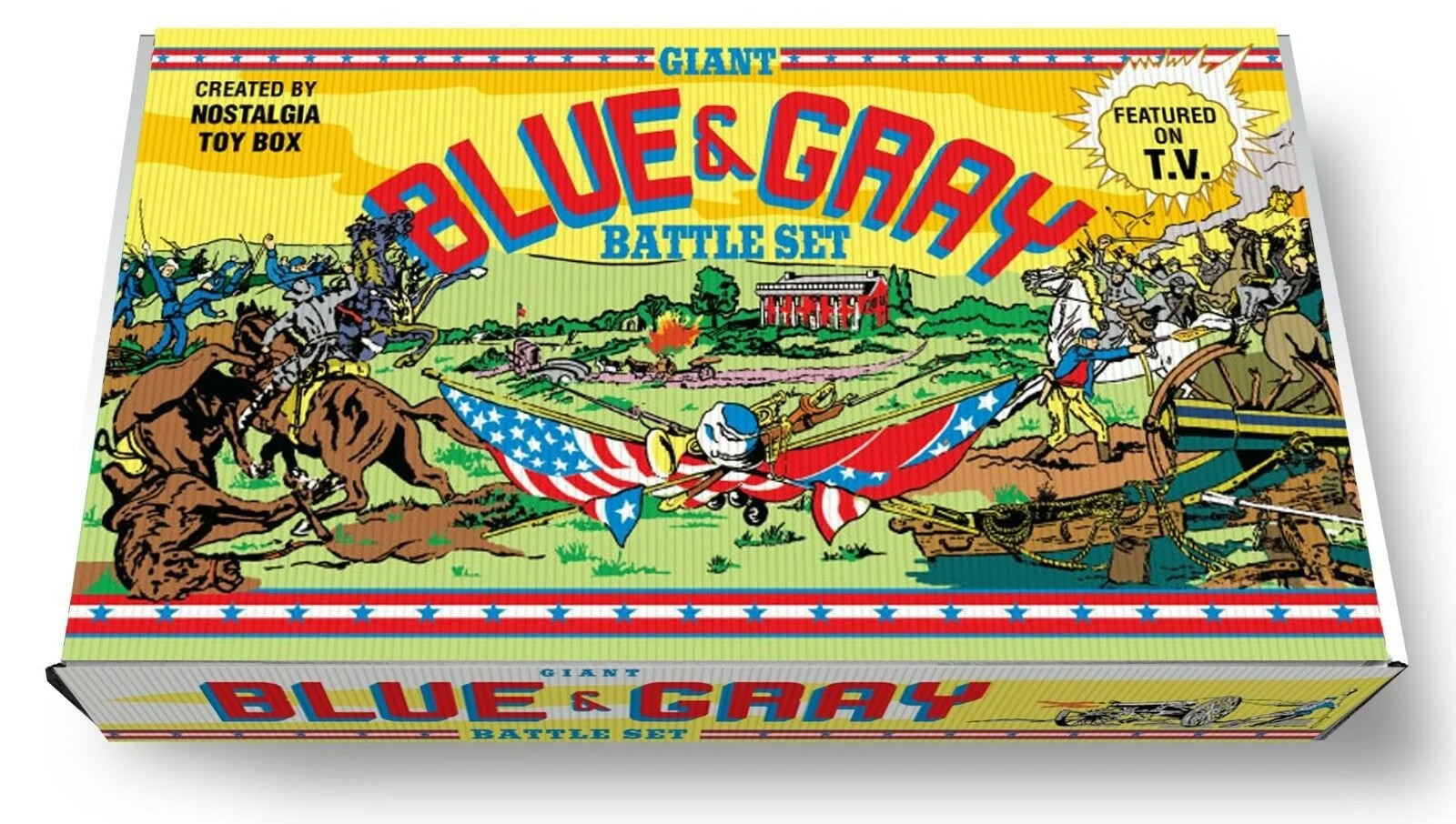Three Lessons in Family History Publishing
As I got deeper and deeper into researching my own family’s story, an unexpected benefit has been encountering so many other interesting family stories, from all over the world. So many stories. And like our own origins story, many of these revealed mysteries were not the stories that were expected. But they are nonetheless precious.
I’m not sure where my interest in these stories came from, but it has become an obsession that won’t quite go away. Perhaps it was after becoming a grandparent, when I realized there is a strange and tenuous connection between generations. The realization that there is an underlying and continuing story that is useful in understanding our own story. That there is power in being part of a bigger story, a story connected both to what was and what will be. And that there are voices that need to be heard and stories that need to be told.
My brother Joe has been a partner in our genealogy research. In many ways, we are ideal partners. He is perhaps more of a traditional genealogist, interested in the facts. He can look at two people and immediately say, “Oh they were second cousins, twice removed.” I tend to stumble over this kind of math and say, “Well, apparently they were some sort of cousins.” While I also place enormous importance on facts, what I really enjoy is thinking about the stories implied by the facts.
These origin stories fascinate me. Why did people act the way they did? What reasonable conclusions can we draw from the facts? The color and texture that surround facts – that can bring these people to life – are fascinating to me. As the late Rachel Held Evans said in her 2018 book Inspired: Slaying Giants, Walking on Water, and Loving the Bible Again, “Origin stories are rarely straightforward history. Over the years, they morph into a colorful amalgam of truth and myth, nostalgia, and cautionary tale.”
As I think about the long journey from initial research to holding IMMIGRANT SECRETS in my hands, it occurs to me that some of the mistakes I made and lessons I learned along the way might be useful to others pondering a book. These lessons learning fall into THREE buckets.
Writing is hard. Publishing is easy. Marketing is hard.
Lesson 1 -- Writing is hard.
As evidenced from the six or seven years it took for me to get from doing research to actually publishing a book, writing is hard work. When I started doing my research, I started publishing articles on a blog to document my findings. Given that my grandparents’ story had SO many unknowns, I also hoped that this process might surface people that could help me fill in the gaps. And so, my “book” stayed as a series of blog posts for quite some time.
Both my wife and I love historical fiction, especially from the early part of the 20th century. At some point, I wondered if there might be some way to weave the family history facts I was uncovering into a story. I especially like stories told from multiple perspectives, and it occurred to me that this might be a frame for my own story – one story documenting the “search” and a parallel story that tried to bring those facts to life.
Everybody has strengths and weaknesses when it comes to something like a writing project. In my case, I needed help 1) thinking about how the pieces of my story fit together; and 2) doing the design and layout of the book. The good news is that there is a marketplace for these and a host of other publishing-related services, Reedsy.com. Reedsy is basically an Angie’s List for the publishing industry. I strongly encourage wannabee authors to check them out. The contractors I found there were critical to getting my project off the ground.
Lesson 2 – “Publishing” is easy.
Anyone with the temerity to undertake a book thinks that it will become a best seller and Tom Hanks will play them in the movie version. Which is…probably about as likely as winning the lottery. That's a really, really difficult route. I tried that route. There are analogies to the job-hunting process. The processing of submitting an idea – like posting a resume on Monster.com – is easy. But the process of breaking through the wall of algorithms to actually talking to someone in “publishing” is difficult. Along the way, I got frustrated and began exploring hybrid- and self-publishing. There are now so many options, each with advantages and disadvantages. Sorting through them requires an understanding of what success means to you.
The good news is that physical act of “publishing” has become a commodity. I wrote a book a gazillion years ago for my kids called Will's Christmas List, a collection of Christmas stories that I had written for them. It is stunning how the process of going from Word doc to finished book has changed in the intervening twenty years. Amazon has done what it has done in other spaces, which is buy up all the competitors. That's the bad news. The good news is that it's now a rather seamless experience to get a book published and make it available for sale. Simply publishing a book is not that difficult anymore, and can occur really, really quickly.
Lesson 3 -- Marketing is hard.
The good news is that if you can get to the point of publishing, that part of the process has become commoditized and fairly easy. But the REALLY difficult part of the book process is still ahead – marketing. There is a reason why people always talk about the long tail of content on Amazon.
Whether you are writing blog posts, or posting chapters, or commenting on other books, or attending conferences, constantly focus on building a network of people who will ultimately be interested in your book – and hopefully buy it! I was lucky to have a good professional network of records managers and archivists that I thought would be interested in the book, and I’ve been lucky to speak about the book at some of their conferences and webinars. But I wish I had started earlier.
All things said, just do it. As I think about our family story, and I think about what I've learned about our family, and what I've learned about myself along the way, I wish I had done this earlier. I wish I had gone down this path because I think our stories are precious and they're worth preserving. And at least for me, one of the best ways to preserve a story and to get people to think about it, is by publishing it as a book.
You can get IMMIGRANT SECRETS HERE.





